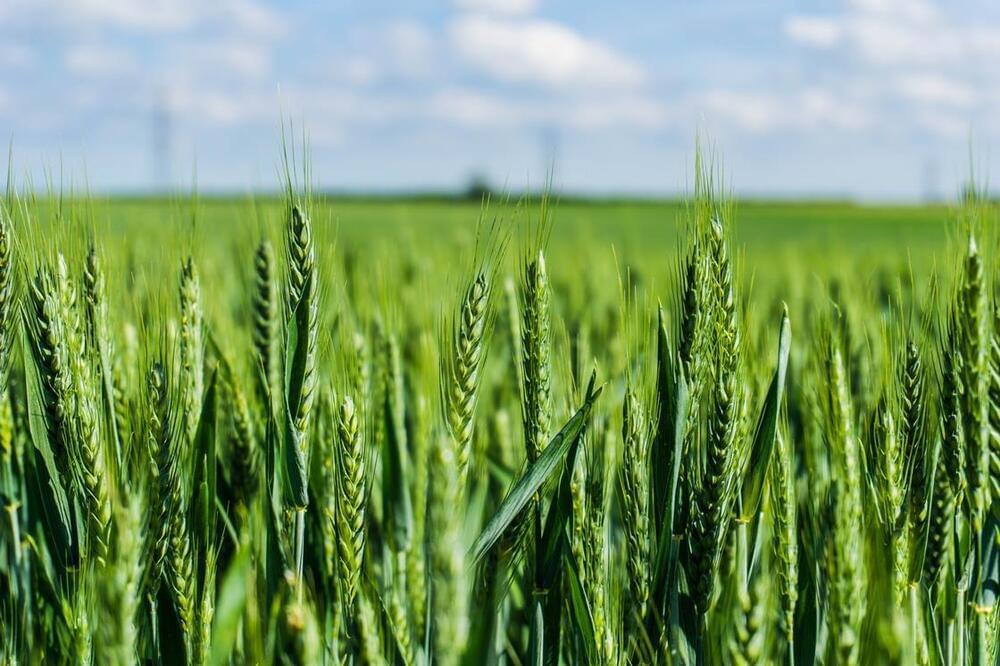The UK government has approved Europe’s first field trials of Crispr-edited wheat. The experiments will be conducted in Hertfordshire by the agricultural science institute Rothamsted Research.
The Rothamsted project is aiming to produce wheat with lower levels of the amino acid asparagine. When bread is baked or toasted, asparagine is converted into acrylamide – a carcinogenic contaminant that requires close monitoring under EU law.
Laboratory and greenhouse studies have already shown Crispr can be used to create wheat plants that produce much lower levels of asparagine. Rothamsted Research says that the new five-year project will examine ‘how the plants fare in the field and whether asparagine concentrations continue to be low in grain produced under field conditions’.
